Regret & The James Bond of Business
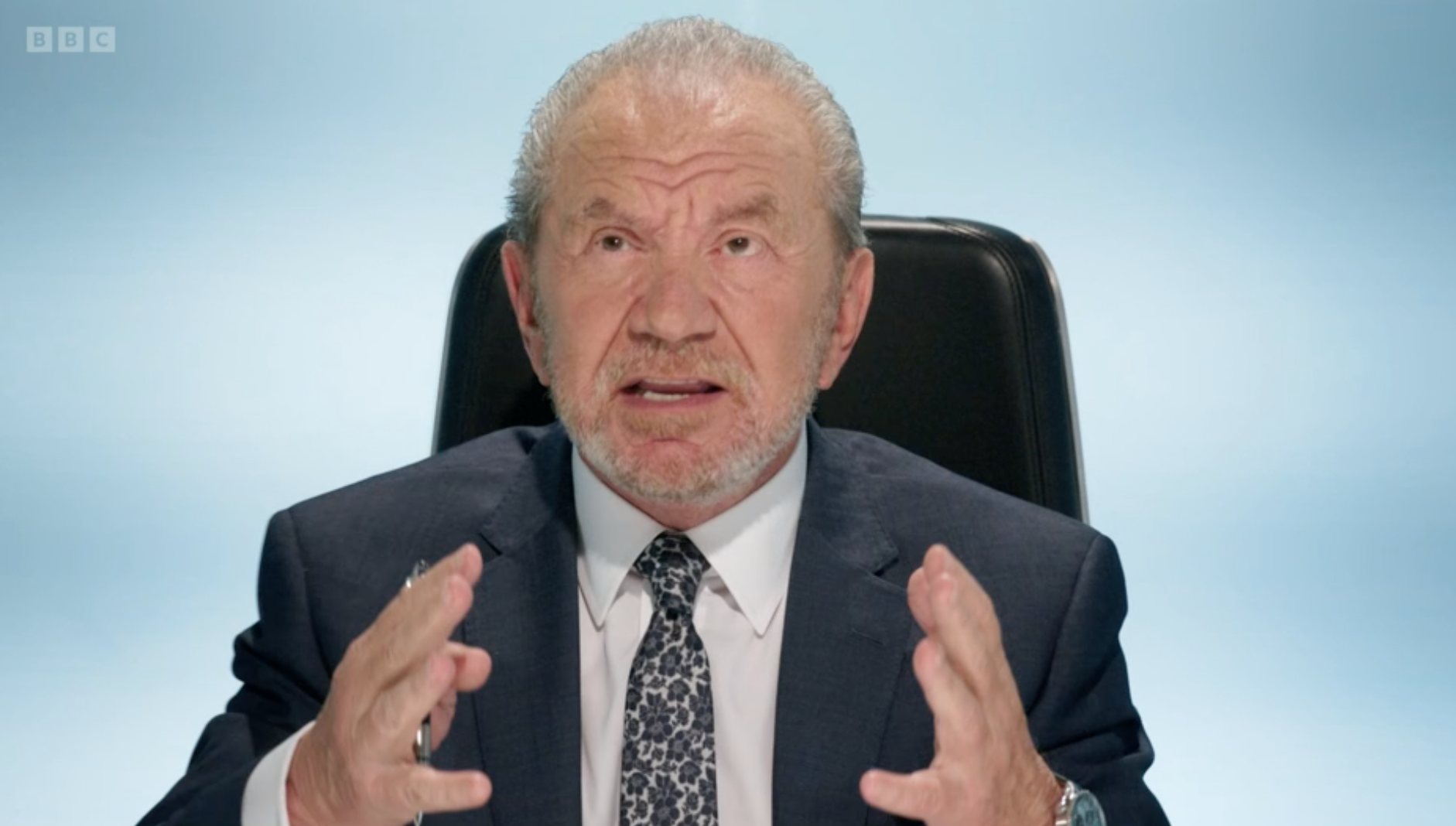
I watched the much anticipated first episode of the Apprentice last night. I’d call it a guilty pleasure if I felt any guilt, but really I just admit I enjoy it at this point.
Anyway, a subtle but classic scene played out.

The team leader for the boys – who claims to be ‘the James Bond of Business’ was tasked with buying some tickets for a day trip in the Carribbean- to resell them to the general public. After negotiating, he ended up paying 75-95 dollars for a ticket. Later, the vendor admitted they would have sold the tickets for 55 dollars, i.e. the team overpaid for their tickets.
It was a case of poor negotiation, but when confronted with this fact, the team leader responding by saying “I was happy with the negotiation’. He then went on deflecting the fact that he’d made a mistake and said ‘obviously 55 would have been… better’
There seems to a reluctance to admit that a mistake was made, not just in the boardroom but in general life. We stick to our decisions, tell ourselves it was the best course of action, instead of taking the time to genuinely reflect. How many times have you heard people say ‘I want to have no regrets’.
But in saying this and refusing to feel it, we really miss the value of regret.
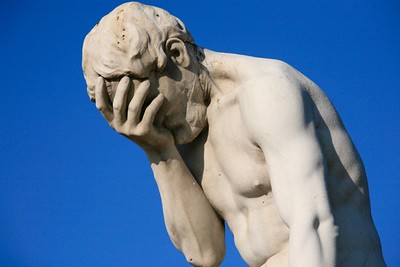
Let’s take a moment to talk about Growth Mindset versus Fixed Mindset.
- When it comes to intelligence, sports and artistic ability, do you think people either have it or they don’t?
- Do to you think that you can’t really change your abilities, even if you put effort in?
- Do you think that if you have to put effort into something then it means you’re inherently not good at it?
If you answered yes to one of the questions then this reflects a fixed mindset.
Basically, someone with a fixed mindset believes that the traits that you have are stable and you can’t really change them over time, no matter how much work you put in. In contrast, someone with a growth mindset sees intelligence, skills and abilities as things that you can learn and can improve through effort.
Consider these two sentences…
- “I’ve never been good at maths, it's just who I am …”
- “I might not be great at it now, but If I practice and learn from my mistakes, I’ll get better at it.”
In both situations, there’s an acknowledgement of the fact that you’re not good at something. But in one situation you’ve made it a part of you, you've internalised it as this thing you can’t change, and in the other you realise you can take action to actually get better.
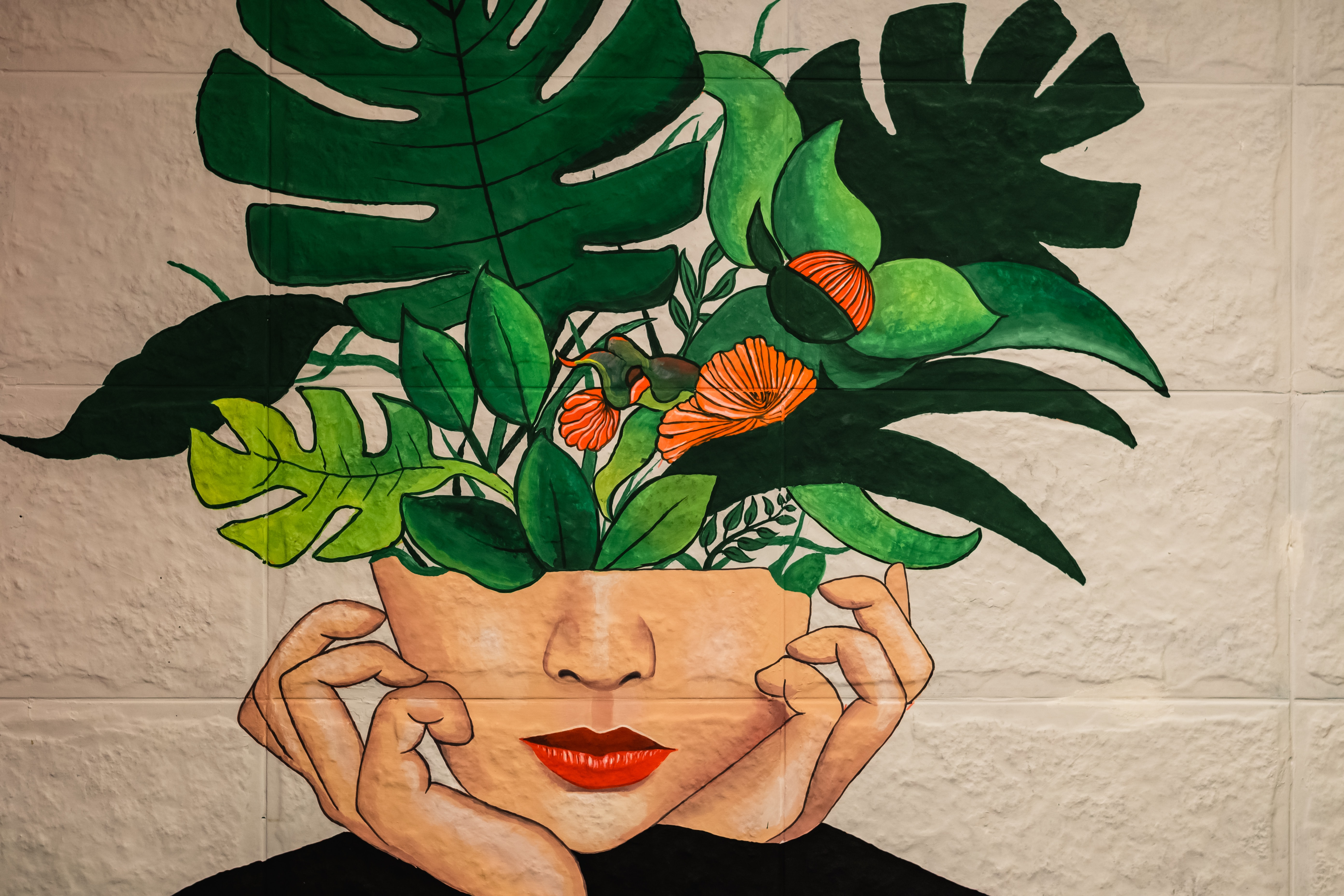
I was a bit sceptical at first about all this. I thought maybe intelligence is something you can work on but maybe art is something people are gifted with. But take a look at the pictures below.
These are self-portraits people did, before and after a short course by Betty Edwards.
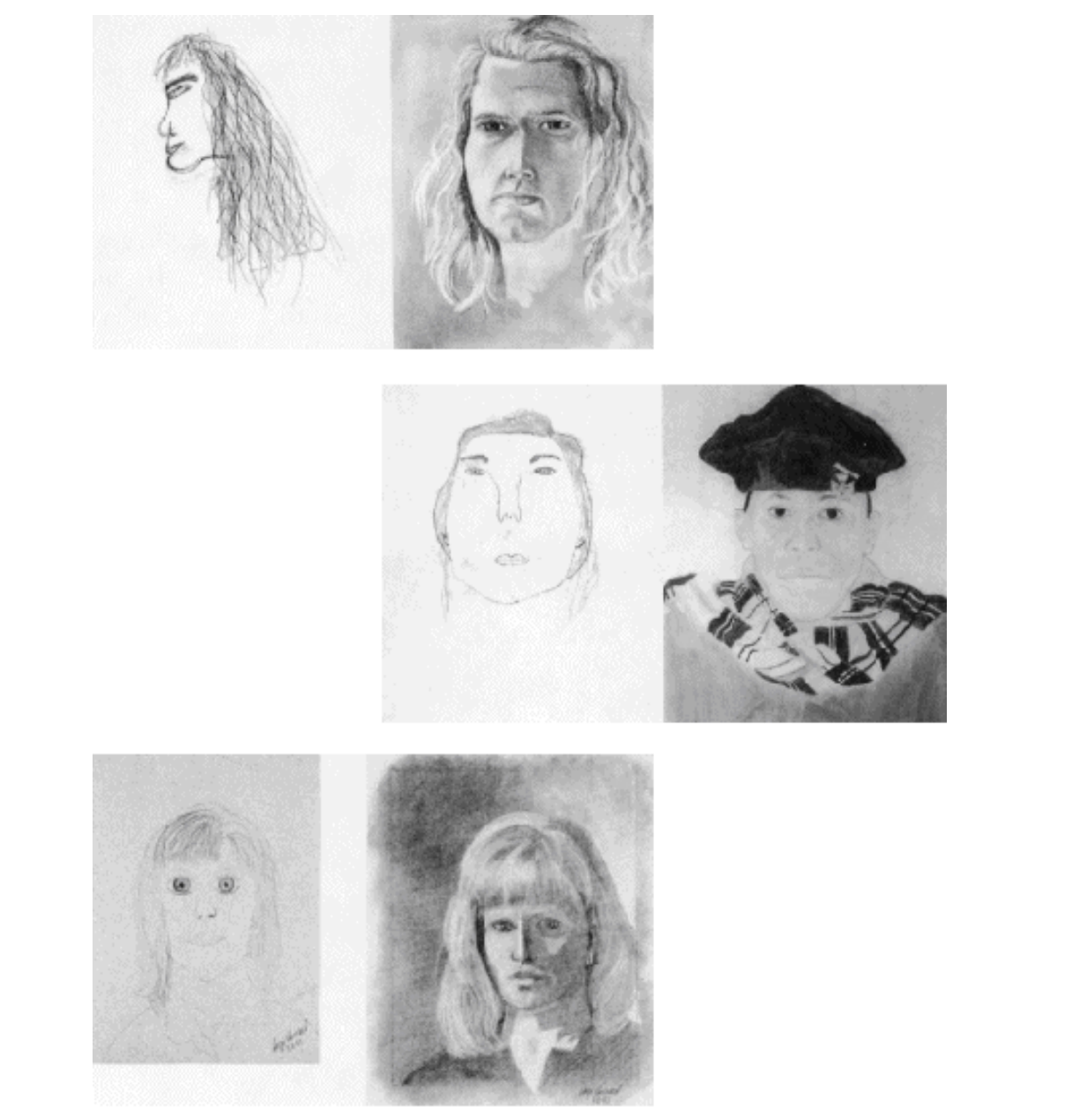
They were drawn at the start of the course and five days later, when they completed it. FIVE DAYS.
These results are typical and it baffled me. Anyone can draw, but how?
Most people think of drawing as a gift or special talent that you either have or don’t have (and I’m a culprit of this), but that’s only because we don’t realise all the smaller components- learnable components- of drawing.
Edwards says that actually, ‘they are not drawing skills at all, but seeing skills.They are the ability to perceive edges, spaces, relationships, lights and shadows, and the whole. Drawing requires us to learn each component skill and then combine them into one process.
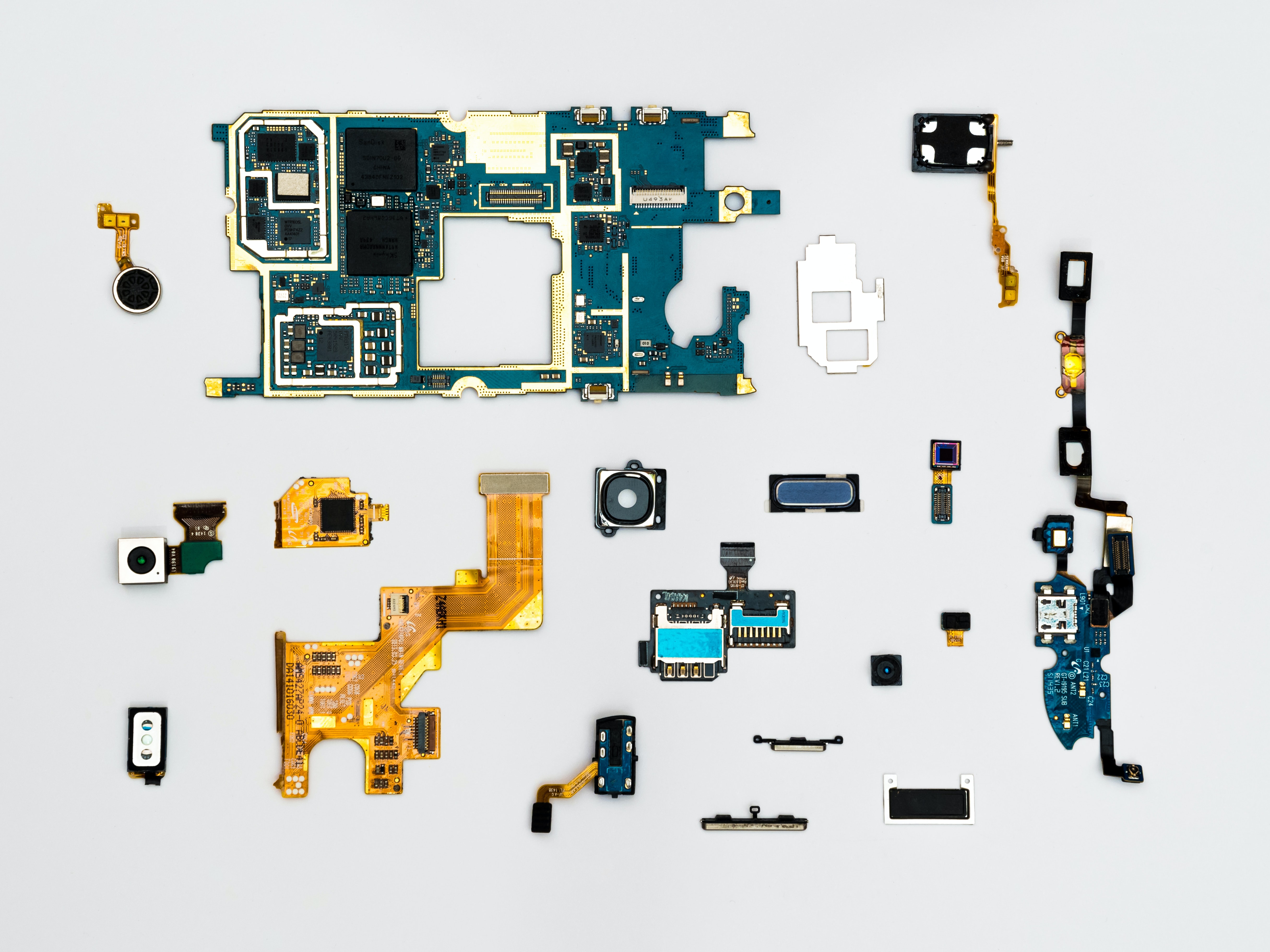
Some people simply pick up these skills in the natural course of their lives, whereas others have to work to learn them and put them together. But as we can see from the “after” self-portraits, everyone can do it.’ (Mindset, Carol S. Dweck).
How you do at something early on doesn’t determine your future.
Putting in effort to learn something doesn’t mean you’re not built for it or that it’s not meant for you, it just means you have to practice and adjust your strategy.
So how does this link back to the start- Regret. Admitting you made a mistake.
Well, in order to get better at something, you have to be able to face up to your deficiencies, the things you’re not good at, the things you could have done better. You have to be able to look at the areas that need work, the past and say ‘fair enough, I see what I could have done differently’ instead of clinging to your ego with a stubborn downfall.
Staying in the fixed mindset, never admitting your mistakes, never admitting your weaknesses means you never have to change, and this protects your ego but stops you learning.
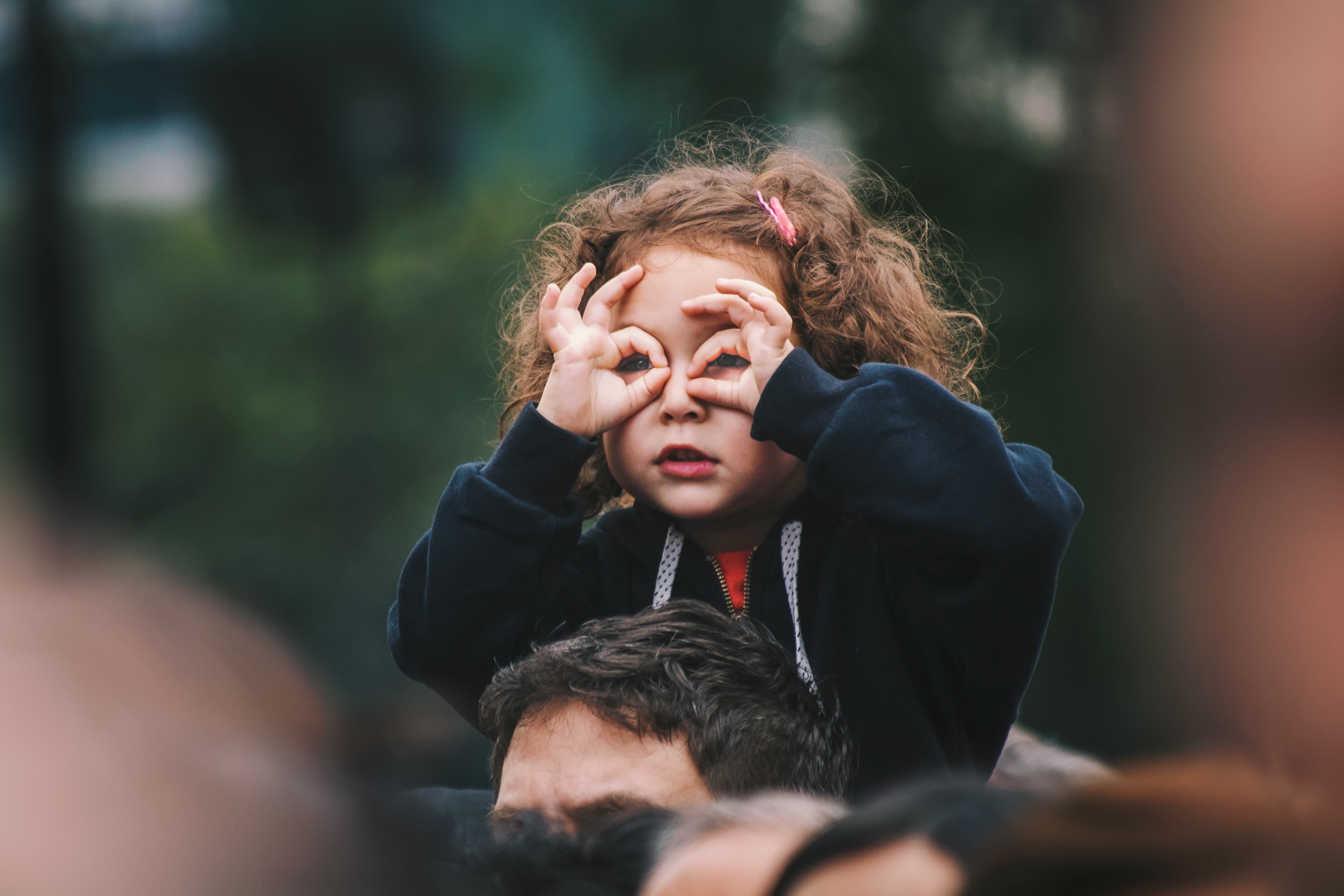
Meanwhile, regret can…
- help you figure out what NOT to do (or signal what you really want)
- give you motivation to change
- it can act as a compass- it’s a signal that tells you whether your actions are in line with your values
ACTIVITY
Instead of getting annoyed at yourself at things that aren’t going well right now, ask yourself:
-What is this frustration/disappointment/regret telling me? Why am I feeling it?What is it showing me that I value?
-What am I learning about myself? And how can this guide me forward?
-What areas do I need to work on? What am I not good at yet that I want to get good at this year? Why?
-What are the small actions I can take that will support what I'm creating?

If you say you value family but any free time you have is spent playing tennis, then you don’t really value family. There’s nothing wrong with that, it’s just about being honest with yourself and making sure your values align with your actions. Think about your time allocation - anyway more on this later.
As a final parting sentence- go make mistakes and let the value that you’ve taken from the mistakes be worth the messing up. Turn your biggest frustrations into your biggest wins.
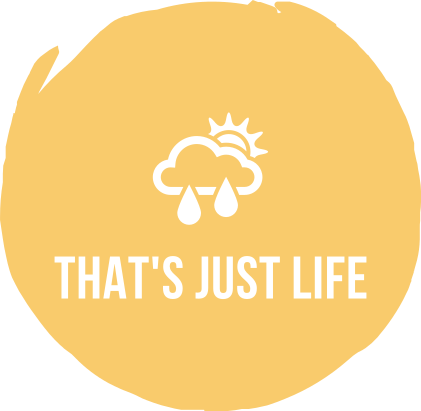
Comments